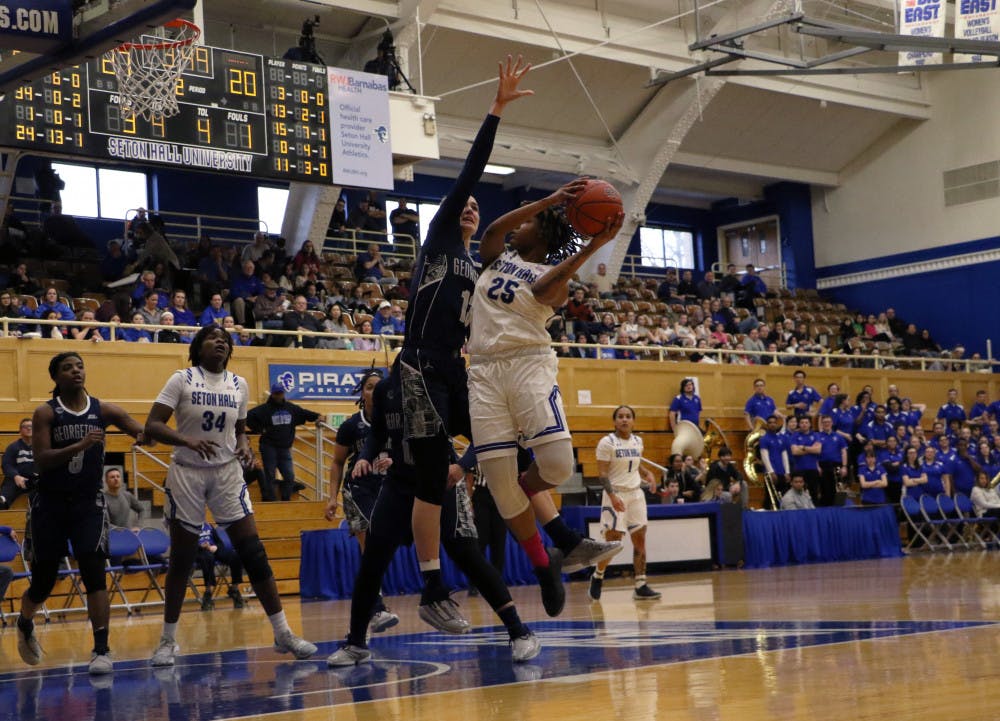The Teaching, Learning and Technology Center has issued more than 350 Lenovo ThinkPad Tablets to students and faculty as part of a pilot project to test out the tablets this fall, according to T.L.T.C.
According to Paul Fisher, associate chief information officer and director of the T.L.T.C., the ThinkPad Tablet pilot project is the result of a year-long emerging technology sub-committee, of which he was a part.
According to Fisher, the sub-committee selected over 350 students based on their membership in the Stillman School of Business Leadership Development Honors Program, University Honors Program, or one of the science curriculums to test the tablets.
"We have had many successful pilot projects in these areas before," Fisher said. "And it seemed like this technology could make a positive impact."
The goal of the project is to determine where the new technology "fits in" with higher education, and how it can help students in reaching their academic goals, according to Fisher.
The sub-committee also determined that students will need experience with the tablet and technology like it.
"I know that industries are adopting this technology," Fisher said. "Our students need the experience and comfort level with it to be competitive when they enter the job market."
Laura Russo, a senior marketing major received one of the tablets as a member of the Stillman School of Business Leadership Program, and for her, it has already made an impact.
"I think all students should receive tablets instead of a laptop," Russo said. "I really enjoy the ease and portability of the tablet compared to the laptop."
Portability is not the only difference of the tablet from the laptop.
The tablet runs on Google Android as its operating system, as opposed to Windows.
The tablet also has a reported longer battery life and is half the weight of the currently issued Lenovo laptops, according to Fisher.
Fisher said the tablet also has the addition of the electronic pen, which allows students to draw or take hand-written notes directly on the screen of the tablet.
Fisher said the sub-committee believes this feature will be most beneficial to students in the sciences.
According to Fisher the projected price of the tablet is lower than that of the laptops currently issued to students, and as of now there is no impact to the student body in terms of cost.
Also undetermined is whether or not the tablet will fully replace the Lenovo laptops. Fisher said that the answer to where the tablets "fit in" may change over the course of the project and currently no more distributions of the tablets are planned for students or faculty.
"If this technology can help students engage with their content in a deeper fashion, have more contact with the faculty or fellow students and increase collaboration on academic projects," Fisher said. "I think the technology will meet our expectations."
Ethan Arnowitz can be reached at ethan.arnowitz@student.shu.edu





